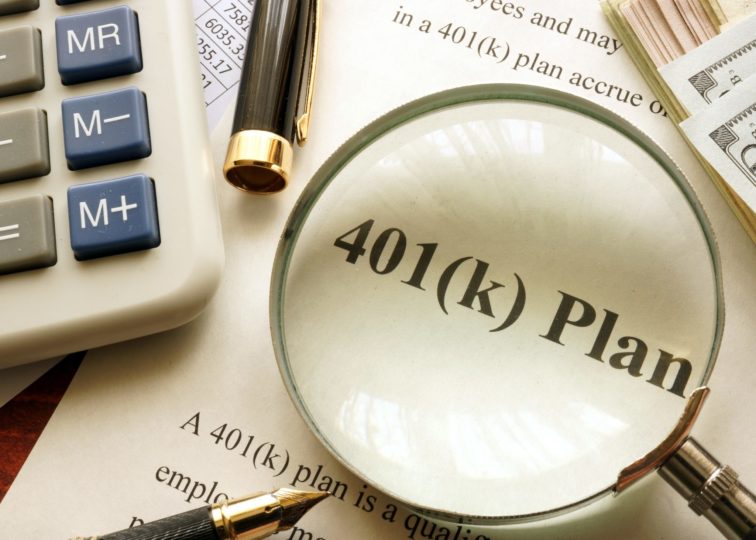
Blog
Why Aren’t 401(k) Balances as High as They Should Be?
November 14, 2019
A 401(k) account is the most common retirement savings plan and is meant to allow workers to generate substantial wealth. Well, that’s the theory at least. The reality is that these retirement accounts generally do not live up to their earning potential. A recent study from the Center for Retirement Research looked at why 410(k)s so frequently fail to earn as much money as they should.
The study found that a 25-year old worker who earned the median salary in 1981 should have been able to accumulate $364,000 in their 410(k) by the time they turned 60. Instead, the typical 60-year-old, as of 2016, had less than $100,000 in their 401(k).
The study found three major causes for this. The first is the lack of universal coverage. Most 401(k)s are offered by employers, but not all employers offer them. As workers transition between multiple jobs, it is not uncommon for gaps in coverage to exist. The second cause is fees that erode the balance and earning potential of the account. Finally, the report notes “leakage” from retirement accounts, which occurs when account holders access their funds early. Such early withdrawals often come with hefty penalties and reduce the balance, meaning the account earns less over time.
